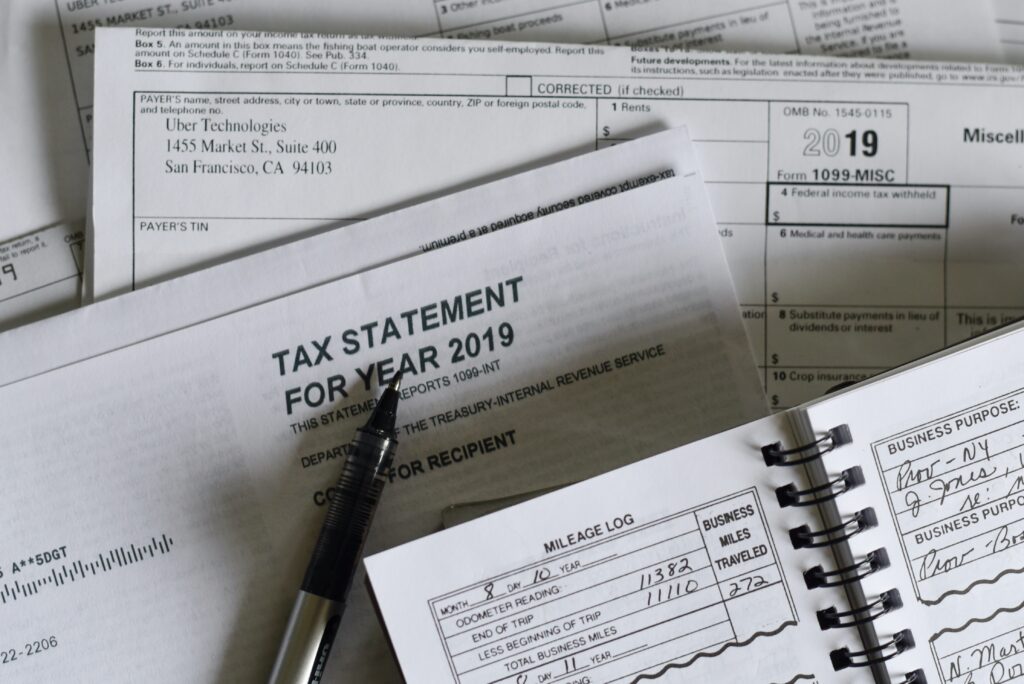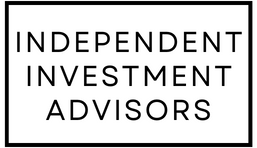< back to Investor Education Center
Tax Optimization Strategies for High Earners
High earners often find themselves facing substantial tax bills each year, but there are strategies available to help optimize their tax situation and keep more of their hard-earned money. In this comprehensive guide, we will explore the various tax optimization strategies tailored for individuals with significant incomes.

Understanding the Tax Landscape
High earners, typically those earning over $200,000 (or $400,000 for couples filing jointly), face a unique set of challenges when it comes to taxes. The tax system in the United States is progressive, meaning that as income increases, so does the tax rate. This means high earners can benefit significantly from tax optimization strategies.
Maximizing Tax-Efficient Investments
One key strategy is tax-efficient investing. High earners can take advantage of tax-deferred retirement accounts, such as 401(k)s and IRAs, to reduce their taxable income. By contributing to these accounts, they not only save for retirement but also lower their current-year tax liability. Additionally, they can employ tax-efficient investment strategies like capital gains management and tax-loss harvesting.
Strategic Use of Tax Credits and Deductions
High earners should be aware of tax credits and deductions that can help lower their tax bill. For example, the Child Tax Credit and the Earned Income Tax Credit can provide substantial tax relief for families. Itemized deductions, including those for charitable contributions and mortgage interest, can also play a significant role in reducing taxable income.
Tax-Advantaged Savings and Retirement Planning
Advanced retirement planning is crucial for high earners. Strategies like the Backdoor Roth IRA and Health Savings Accounts (HSAs) can provide substantial tax benefits. These accounts allow individuals to save for retirement and medical expenses while minimizing tax liability.
Asset Allocation and Tax Efficiency
High earners should pay attention to asset allocation and tax efficiency. By holding tax-efficient investments in taxable accounts and tax-inefficient ones in tax-advantaged accounts, they can minimize their annual tax bills. Regular portfolio rebalancing helps maintain tax efficiency.
Estate and Inheritance Tax Planning
Estate and inheritance taxes can be significant concerns for high-net-worth individuals. To minimize these tax burdens, strategies like trusts and gifting can be employed. Regularly reviewing and updating estate plans is essential to ensure they align with current tax laws.
Staying Compliant and Working with Professionals
Compliance with tax laws is paramount for high earners. Tax professionals or financial advisors who specialize in high-income tax planning can provide invaluable guidance. Regular tax planning and monitoring help ensure continued tax optimization.
Tax optimization is a critical aspect of financial planning for high earners. By understanding the tax landscape, maximizing tax-efficient investments, strategically using tax credits and deductions, and engaging in advanced planning, high earners can substantially reduce their tax liability. Asset allocation, estate planning, compliance, and professional guidance are all essential components of a successful tax optimization strategy. Ultimately, taking proactive steps to optimize taxes can lead to greater financial security and a more prosperous future.
To further explore these strategies and tailor them to your unique financial situation, consider consulting a financial advisor with expertise in high-income tax planning. Your financial advisor can help you navigate the complexities of tax optimization and create a customized plan that aligns with your goals.
Remember, while these strategies can be highly effective, tax laws and regulations change over time. It’s essential to stay informed and adapt your tax optimization strategy as needed to ensure ongoing financial success.
